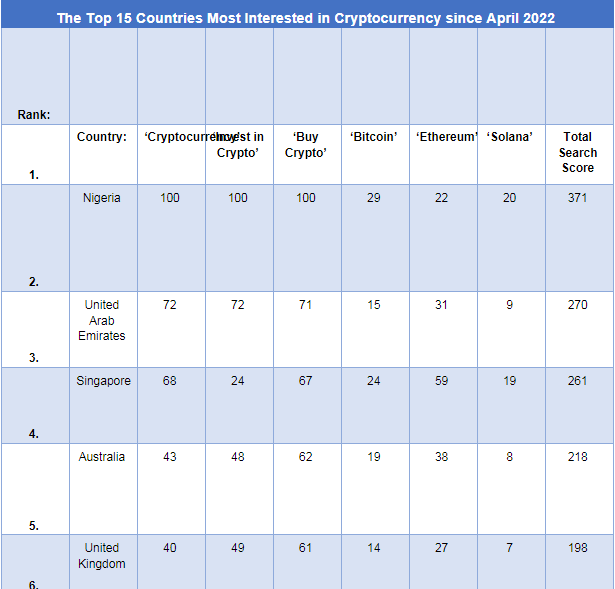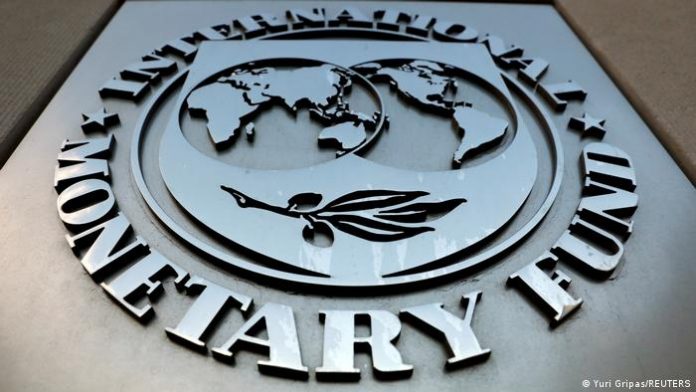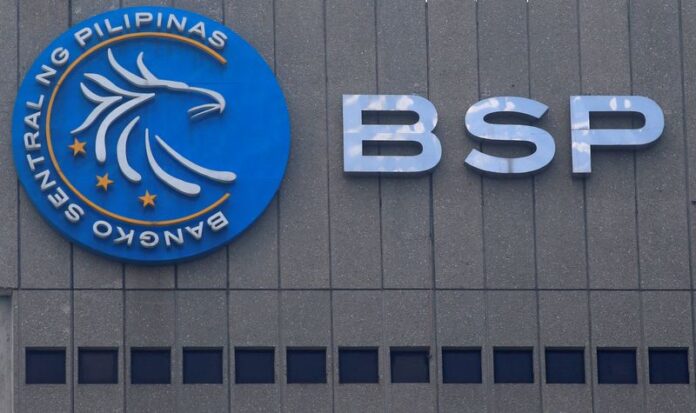Latam users are very interested in BBVA’s crypto-powered solutions, according to a recent article published by the private bank with headquarters in Spain. According to the institution, nearly 20% of the users of their New Gen accounts, which are accessible from Switzerland, are Colombians drawn to the crypto services these accounts provide.
Due to the features of their economies, users in Latam are embracing cryptocurrency solutions and the related services more and more. Latam users make up a sizable portion of the customers drawn to the company’s cryptocurrency solutions, claims BBVA, a Spanish bank with global service offerings. According to BBVA, Colombians make up nearly 20% of the users of its New Gen accounts, which let customers invest in cryptocurrencies straight from their bank accounts.
The ability to trade in bitcoin and ethereum along with the option of converting these currencies to other fiat currencies using a digital wallet makes this type of account particularly appealing to citizens of this nation. According to data offered by BBVA, 37% of the Colombians that visit the account web page are interested in the services.
The services are Switzerland-based due to the clear cryptocurrency legal framework that is available in the country. In an interview offered to The Banker in June, BBVA CEO for Switzerland, Alfonso Gomez, referred to what prompted the company offer crypto services from the country. He declared:
Switzerland is proactive. Finma, for example, is always willing to help. And the regulators are quite comfortable when traditional banks such as BBVA approach them and say that we are thinking about this kind of technology.
A number of exchanges have opened their platforms to Colombians in response to the steadily increasing interest that users in Colombia have in cryptocurrency-based solutions. This year, Latam-based cryptocurrency trading firms Bitso and Ripio both grew to offer their services in the country.
The country’s Financial Superintendence has proposed establishing regulations to control the interaction between virtual asset service providers (VASPs) and banks as part of the country’s move to begin regulating cryptocurrency assets and exchanges.
In the same vein, during its initial discussion in June, the Colombian Congress approved a bill intended to control the activities of cryptocurrency exchanges.










